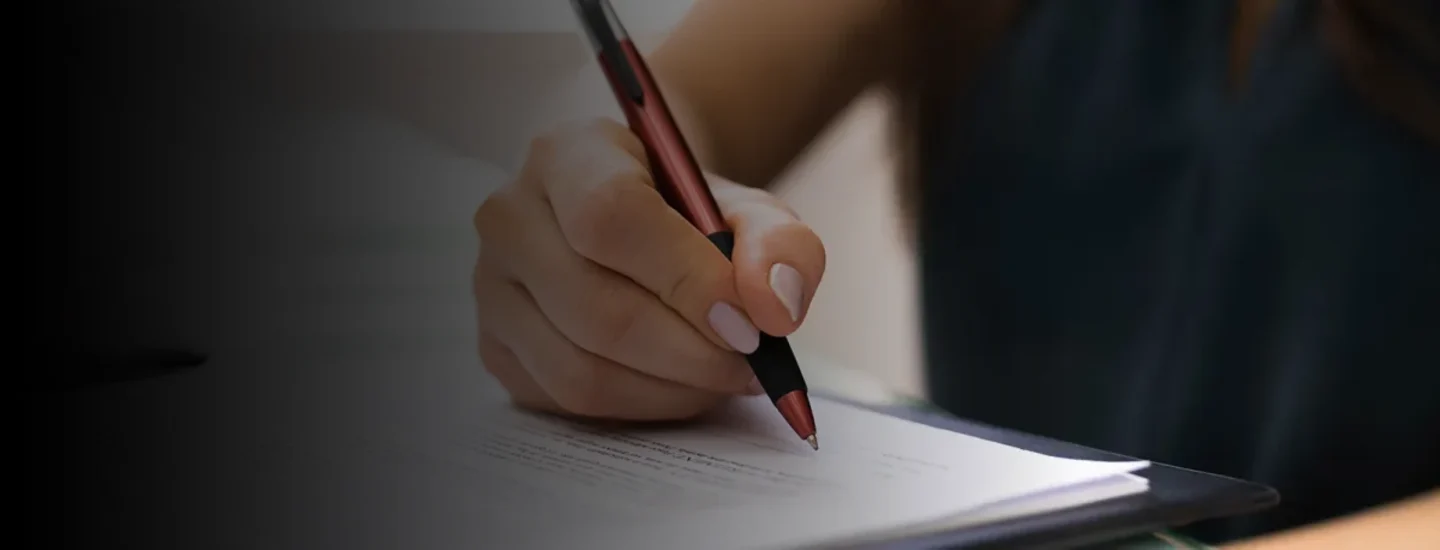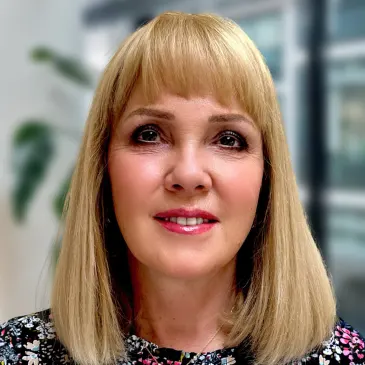Panellists at the International Bar Association 2022 Conference in Miami Beach this week said that many law firm leaders are dropping the ball on gender diversity, and clients are watching.
Given the wealth of data that shows the benefits of diverse teams, it is not surprising that law firm clients are paying more attention to the diversity of the teams of lawyers that they engage. However, I would suggest looking beyond those legal teams and examining whether the expert witnesses that the lawyers recommend and engage on their behalf are suitably representative as well.
AlixPartners recently investigated the data for female expert witnesses in International Arbitration and found that 56% of arbitrators and lawyers had seen no women in expert roles in the last three years and only 1% had ever seen four or more women in that capacity. Of 75 ICSID awards from 2016 to 2020, only 3% included female experts. The data is shocking!
It seems likely that law firm clients simply don't think beyond the lawyers when they look at the teams they engage in litigation and arbitration - leaving the decision on the expert witness to the lawyers who may simply go back to someone they have used before. Many clients may never even meet the expert, leaving it to the lawyers to instruct and monitor the expert's work.
Expert witnesses play a vital role in assisting the courts or tribunals to reach a final decision, often in disputes that may be worth hundreds of millions of pounds. So, it is surprising that any business would not want to ensure that it has the best expert for the job. One could reasonably assume that most, if not all, would want to ensure the relevant expert is drawn from the broadest possible pool of those qualified for the job - including all the experienced and talented women who are often included in the expert's team.
Recognising the paucity of females in the expert witness pool, earlier this year AlixPartners worked with interested parties, including arbitrators, lawyers, institutions and other consultancies to launch the Equal Representation for Expert Witnesses (ERE) Pledge.
ERE's goals include:
- Increasing, on an equal opportunity basis, the number of women appearing as experts, in order to achieve proportional representation and eventually full parity;
- encouraging women to aspire to be expert witnesses in their chosen professions; and
- widening the pool of expert witnesses available to assist courts and tribunals.
To date, the ERE Pledge already has more than 550 signatures, including more than 60 organisations, and a global steering group of 53 members across the UK, Europe, North America, South America, the Middle East and the Far East.
I hope many law firm clients take the ERE Pledge and begin to look beyond the law firms they engage to support them in commercial disputes, ensuring that not only are their legal teams diverse but also that their expert witnesses are selected from an appropriately diverse pool.

